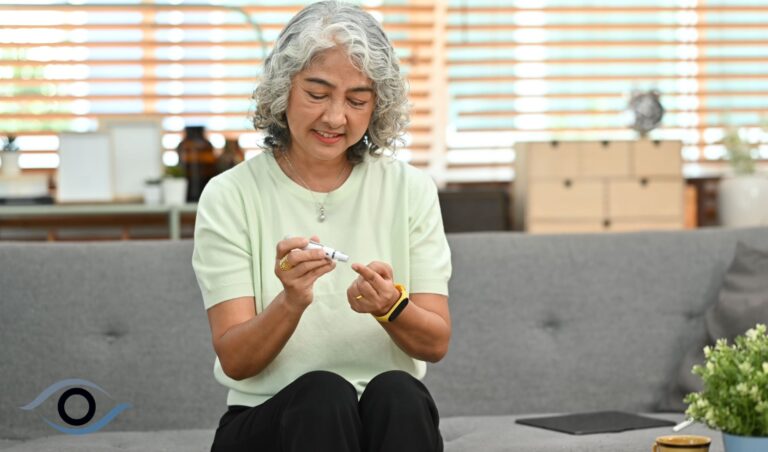Diabetic eye exams are critical for individuals with diabetes to prevent vision problems. Diabetes can lead to various eye complications, including diabetic retinopathy, which is the leading cause of blindness in adults.
However, you can take steps to prevent diabetic eye disease or keep it from getting worse, by taking care of your diabetes.
The best way to manage your diabetes and keep your eyes healthy is to manage your blood glucose, blood pressure, and cholesterol, quit smoking, and have a dilated eye exam once a year.
